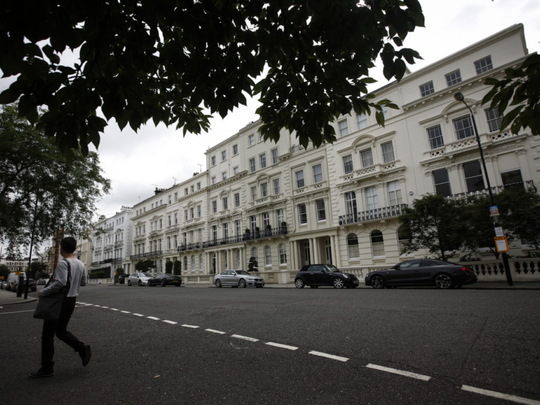
The city has moral enemies. In ancient times and modern, among religious warriors and secular ideologues, urban life has been scathingly equated with sexual licence, denatured materialism and free inquiry. Babylon was condemned. The Khmer Rouge emptied out Phnom Penh. Al Qaida tore into a man-made skyline. This enmity was documented in Occidentalism, a history of anti-western thought from Japan to Germany compiled after the last of these events by the writer Ian Buruma and the scholar Avishai Margalit. If the city is liberalism incarnate, anti-liberals will define themselves against it. This includes the scrupulously peaceful conservatives in modern democracies, whom voting patterns show to be strongest in rural areas and small towns. In their demonology, the opponent is never just the “elite” but the “metropolitan elite”.
Twenty-first century London has many disorienting feats to its name. Among them is the arousal of hostility from the liberal left, too. Screeds against this city are now more common in The Guardian and New York Times than the conservative Telegraph and the Mail. The grievances are as familiar as old friends: house prices, inequality, foreign billionaires of negotiable virtue, the commodification of gritty neighbourhoods, the despoliation of the skyline, anything to do with banking. Writers chronicle their anguished decisions to leave the capital, as if the spectacle of middle-aged parents quitting a big city is scintillatingly novel. For as long as the liberal left has existed, it has been pro-city and of the city. Reformist movements sprang from metropolitan life, which put intellectuals in close enough range to exchange ideas and lured immigrants to disrupt old ways of thinking. It matters, therefore, that these people are now turning against the modern city, or aspects of it. And it is telling that their resentments increasingly converge with those of the reactionaries.
Both sides see the city, and London more than any, as a stage for unbound individualism. When a conservative blanches at mass migration and a social democrat seethes at the cocooned mega-rich, they are both taking on varieties of personal freedom. Modern London is liberalism — or “neoliberalism”, to use the mot du jour of every bluffing teenage radical — in excelsis. It has taken the free movement of people, goods, services, capital and ideas to anarchic extremes that might have no precedent.
Anyone can talk a good game about freedom and diversity; living here is a practical test of one’s commitment to these things. There is nothing odd or shameful about some people flunking out - high-velocity social change is not for all stomachs — but it is historic that avowed “progressives” are among them. It is usually sceptics of the Enlightenment who see sin in the city. The fleeing lefties will say that London changed, not them. The truth is that they did, too. For people who live by the idea of progress, they have acquired a talent for looking back. If the right ever had a monopoly on nostalgia, it no longer does. Every poison pen letter against what London has become implicitly romanticises the 1970s version of the city, when Hampstead was affordable to public-sector professionals and the East End had no Michelin stars and everything was so captivatingly earthy that more people left than arrived year after year. What really piques conservatives of right and left is that a place can be so lax and so successful.
Myth of ghostly streets
Having recently passed its all-time peak population of 8.6 million, the city should clear 9 million by the end of the decade. Inner and outer London, east and west: it is filling up. Between 2001 and 2011 only one of the 32 boroughs (Kensington and Chelsea) suffered a net loss of residents, and that loss was within a rounding error of zero. The myth of ghostly London streets, abandoned to tumbleweed and bored security guards by absentee Russians, has become one of those little morsels of nonsense that settle into unchallengeable dinner party orthodoxy. It is believed by the kind of person who thinks American doctors run credit checks on emergency patients before giving them a life-saving tracheotomy. The same type who longs for the old London, which really was depopulating. Chutzpah is the kind word for it.
If London only works for plutocrats, then the poorer migrants, British arrivals from other parts of the country and existing residents choosing to have children here must all be gripped by false consciousness. The alternative - that they correctly fancy their chances in the productive chaos of an open city - is weirdly hard for some to credit.
As Boris Johnson rounds off his eight years as mayor, we will search London high and low for a tangible legacy. We will struggle to find very much. His achievement is his own ease with what London has turned into during his lifetime. While so many flinch at the near-nihilism of the city, he savours it. There is none of Bill de Blasio’s inclination to curb New York’s extremes. Attuned to history, Johnson might concur with the newly squeamish left that London and Babylon have more in common than three letters. But he would take it as a compliment.
— Financial Times








